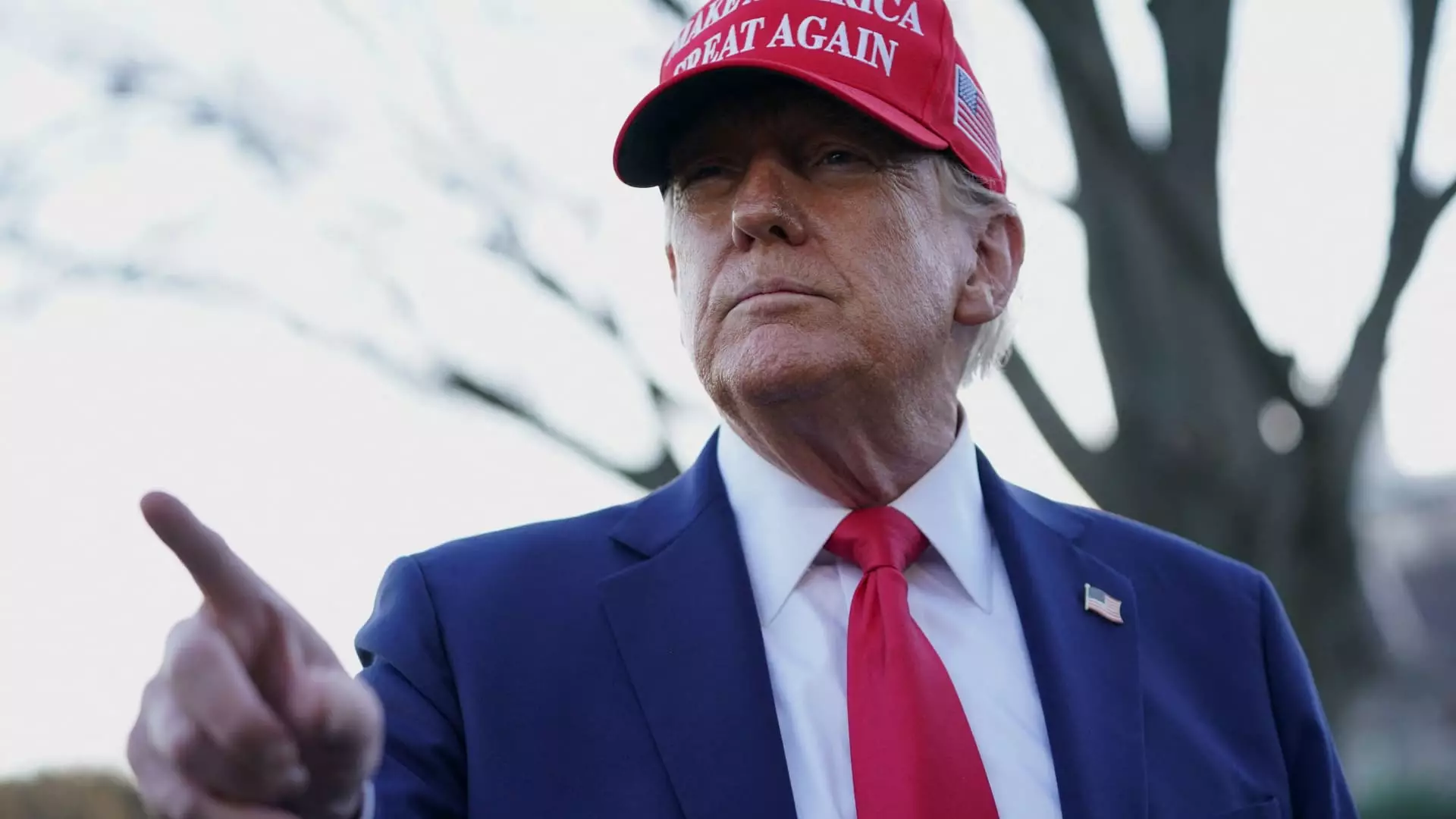In an astounding legal move, the Trump Organization has leveled a lawsuit against Capital One, alleging that the bank made a politically motivated decision to close more than 300 accounts held by Trump-affiliated entities. This occurrence followed the tumultuous events of January 6, 2021, when a mob attacked the U.S. Capitol at the behest of former President Donald Trump. What is interesting, however, is not merely the lawsuit itself, but the implications it carries concerning freedom of enterprise and the dilemma of corporate responsibility in an increasingly polarized society.
The lawsuit articulates the grievance that Capital One acted out of a misguided sense of virtue, driven by “woke” beliefs in an effort to distance itself from Trump’s conservative leanings. While one could dismiss this claim as a well-calculated publicity stunt, a deeper examination reveals an alarming trend—businesses increasingly sweeping politics into their operational decisions.
The Chill of Corporate Censorship
The allegation that Capital One “de-banked” the Trump Organization underscores a deeper concern regarding the intersection of capitalism and political affiliation. This legal battle raises the question: what happens when financial institutions wield the power to penalize individuals or organizations based solely on their political beliefs? Eric Trump, spokesperson and son of the former president, asserts that the arbitrary nature of these closures represents not just a financial loss but a looming threat to free speech and free enterprise itself.
The arguments made in this suit can easily be seen as emblematic of a larger struggle against what some call corporate censorship, where powerful entities make choices that may implicitly or explicitly endorse certain political views over others. If businesses start closing accounts—or indeed refuse service—based on political affiliations, a slippery slope is created. It is crucial to maintain an ecosystem where businesses can operate independently of the political climate that surrounds them. Moreover, it sets a dangerous precedent that could encourage other firms to adopt similar discriminatory practices under the guise of social responsibility.
The Cost of Political Expediency
The Trump Organization’s claims stretch beyond just monetary restitution; they argue that the damages inflicted upon them amount to millions of dollars, leaving their companies vulnerable and hampered. Such implications strike a nerve: when a financial institution closes its doors based on perceived social pressures, it doesn’t just harm the individuals involved—it creates a cascading effect that could ultimately undermine market stability.
Capital One, in response, has stated that it doesn’t terminate accounts for political reasons. This sends a mixed message in an era where colloquial conversations about “cancel culture” encompass both emotional and financial consequences. Ethically, banks and corporations must consider the ramifications of their actions, especially when such actions appear to take root in societal pressures rather than grounded business strategy.
As this legal drama unfolds, it serves as a bellwether for our society’s broader struggles with free enterprise and ideological bias. The ultimate resolution may provide pivotal insights into the future dynamics between corporate policies and America’s cultural landscape—a landscape that is desperately seeking balance amidst deepening divides.

